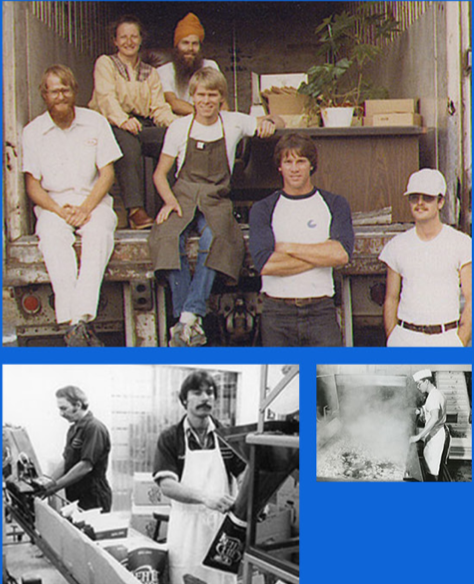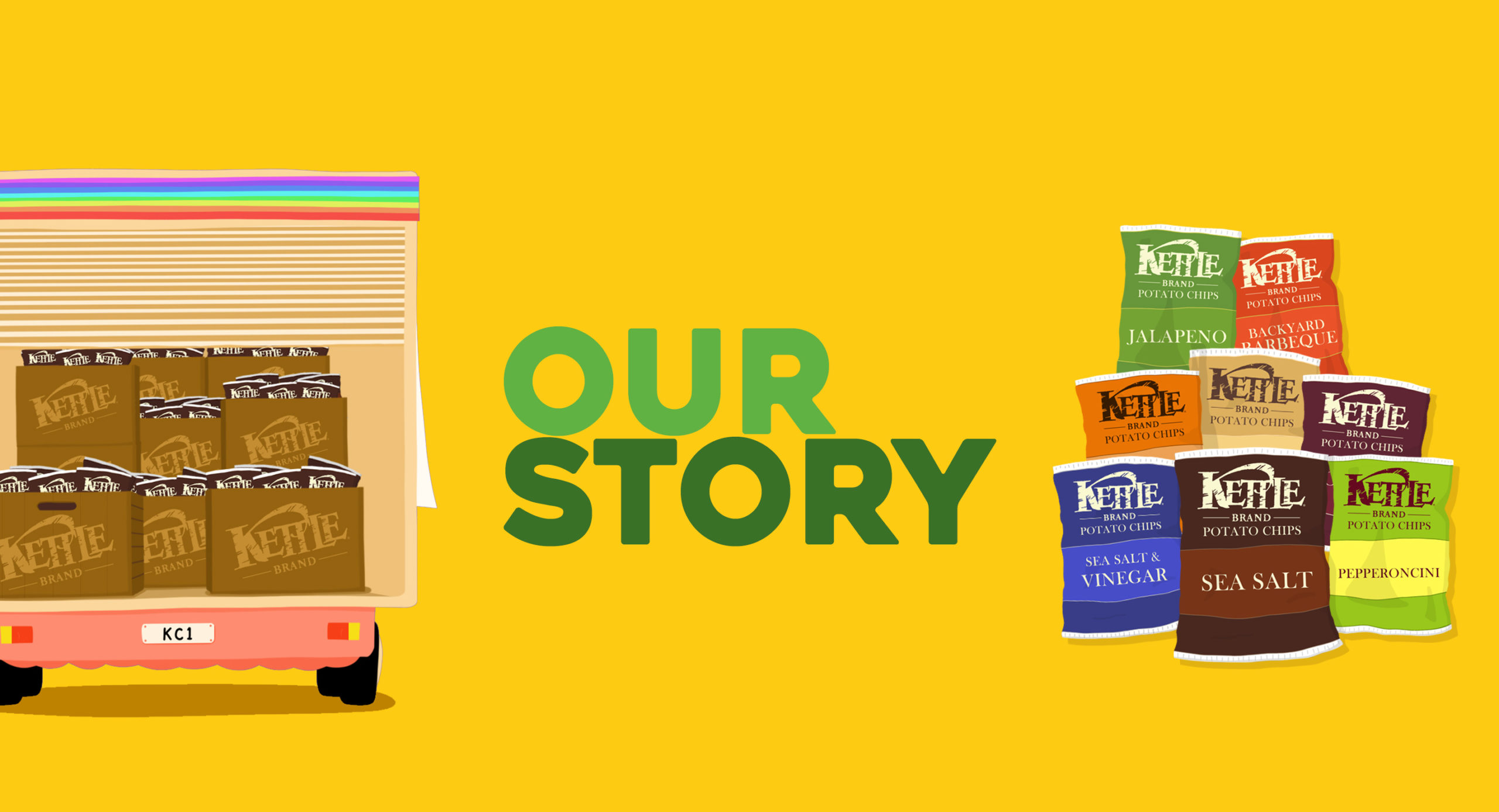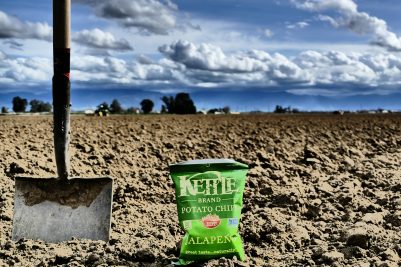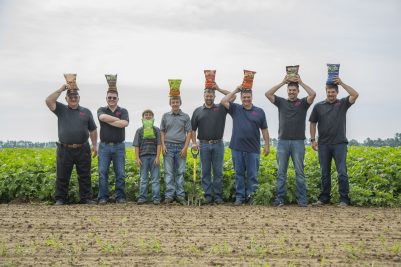We’ve been extra since the start.
That’s because our founder believed whole-heartedly in going the extra mile to bring delicious, authentic foods out into the world. His vision first came to life in 1978 when he took to the road to sell simple, high quality foods out of the back of his van. It was a bold move. And it’s the very reason we’ve spent the last 40 plus years doing our best to be just as bold. It’s why we use whole potatoes cut extra thick, it’s why we insist on using inspired recipes and it’s why we give a damn where our potatoes come from. And just for the record, we will always give a damn about the things that make our chips better.



